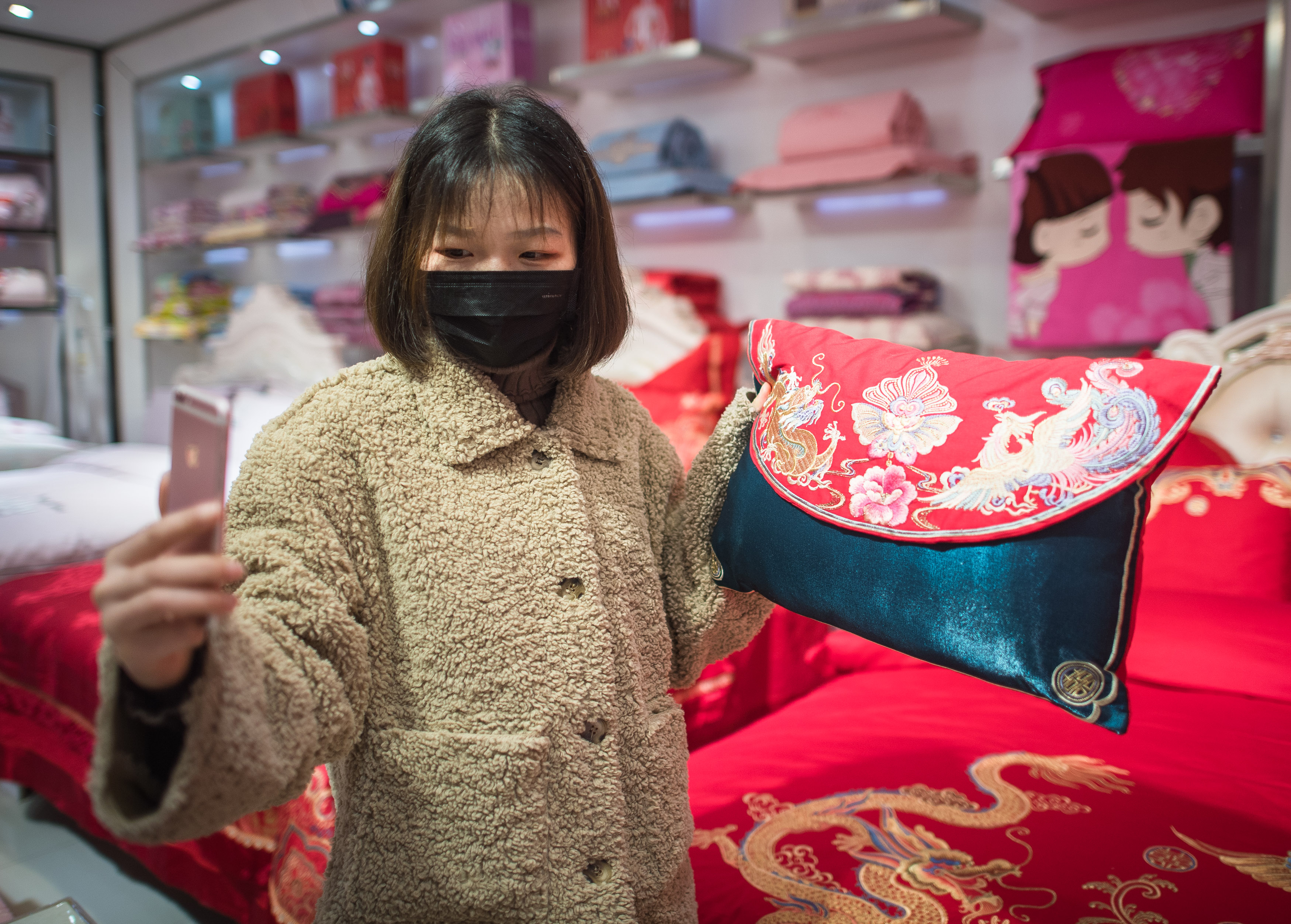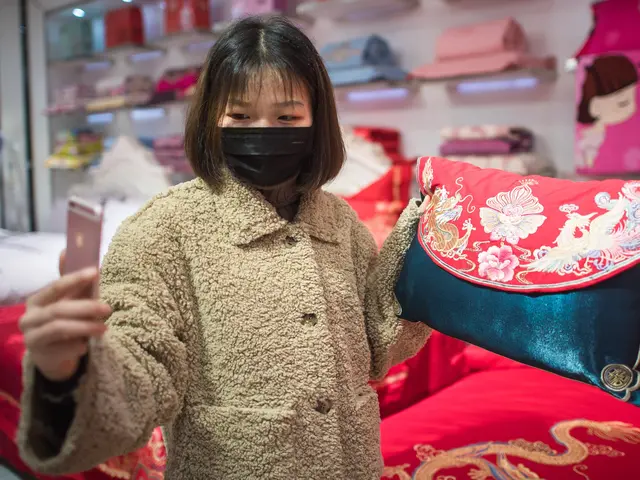Before falling asleep, Li Li, 29, has to follow a rigid set of procedures.
She spritzes some "sleep-enhancing spray" on the pillow, soothes her eyes with a steam mask and puts on an electronic sleep tracker and a pair of ear plugs before finally lying down.
"I can't fall asleep without these steps. Even if I occasionally drift off to sleep, I wake up easily. I've been doing this for two years," said the young woman in Nanchang, capital of eastern China's Jiangxi Province.
Like Li, many young Chinese are struggling to sleep at night. An analysis of big data collected from 450 million people revealed that more than 36 percent of the Chinese population suffered from frequent insomnia - three times or more in a week - in 2019 and 36.7 percent of them were people born after 1990. The data was collected from active users of Xiaomi services and products including sports bracelets that can monitor users' sleep status.
The analysis found about 67.4 percent of people had purchased products that claim to enhance sleep, of whom 62 percent were born after 1990.
Behind the growing demand for such products was an increase of people who can hardly sleep well.

A vendor presents bedding products via online live streaming in Hankou north international commodity exchange center in Wuhan, central China's Hubei Province, March 29, 2020. (Xinhua/Xiao Yijiu)
A research by the Chinese Sleep Research Society in 2016 indicated that more than 300 million Chinese suffered from sleep disorders.
"The main symptoms include difficulty in falling asleep (a sleep latency of more than half an hour), sleep maintenance disorder (awakening more than two times at night), early awakening, decreased sleep quality and total sleep time (usually less than 6.5 hours), accompanied by daytime dysfunction," said Liu Hao, secretary-general of Jiangxi sleep medical association. "Daytime dysfunction mainly refers to fatigue, depression or irritation, physical discomfort, cognitive impairment, among others."
"Apart from mounting work pressure, bad sleep habits and overuse of electronic devices are the chief culprits that deprive people of their sleep," said Kong Xiang, founder of E-Sleep, a company that provides professional solutions to treat sleep disorders.
Li Li said she often stayed up after midnight before the age of 26. "I would lay in bed and time just flew away while I was swiping on my mobile phone."
"The doctor said I must go to bed early, but the habit was not easy to break, so I began exploring ways that could help me sleep well," she said.
A report by China's e-commerce giant JD.com showed the younger generation, compared with the middle-aged and elderly people, are the main consumers that drive the "sleep economy" in China.
The JD report showed the turnover of sleep-enhancing spray last year increased by 33 times compared with that in 2018. Sales of footbath powder and aromatherapy products also rose by over 50 percent year on year. Young white-collar workers, college students and teachers are loyal customers, according to the report.
"I have tried steam eye masks, melatonin and white noise players to get a good night's sleep. I am ready to pay for any product that is said to aid sleep and that is priced reasonably," said 27-year-old Pan Yang, an internet company's employee in Beijing.
"Young people are willing to spend heavily on sleep," said Zhang Bin, executive director of the Chinese Sleep Research Society. "That means Chinese people are attaching greater importance to the quality of sleep and its impact on health."
Kong Xiang said the overall market demand is shifting from sleep monitoring to sleep enhancing products, and from low-tech products to evidence-based products featuring cutting-edge technologies.
"As customers' demand for high-quality sleep grows, the sleep economy will become a new growth engine to drive health consumption in China," said Wang Guangliang, executive director of the China Sleep Products Association.
 简体中文
简体中文

